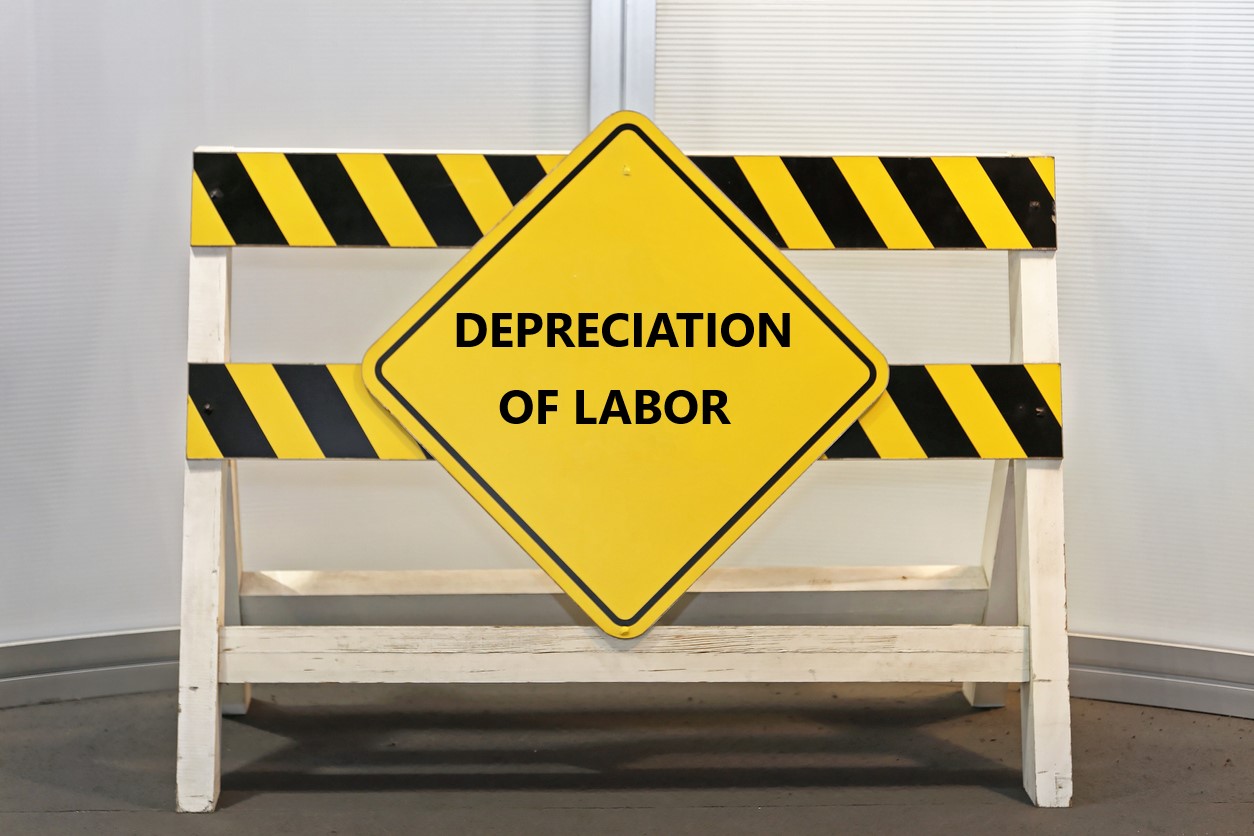Commercial policyholders are increasingly having difficulty obtaining full and prompt payments. As a group, they are starting to stand up to the insurance industry’s failures to provide prompt payment and good faith claims treatment following losses.
I moderated a panel of insurance law experts at a TAPIA conference I recently noted in Texas Public Adjuster Spring Conference Seminar. Matthew Pearson discussed his involvement as amicus counsel for a number of commercial interests in Blum’s Furniture Co., Inc. v. Certain Underwriters at Lloyds London, 11-20221, 2012 WL 181413 (5th Cir. Jan. 24, 2012). He filed a brief on behalf of the Texas Apartment Association, Inc., the Texas Automobile Dealers Association, the Texas Organization of Rural Texas & Community Hospitals, and the Texas Building Owners and Managers Association, Inc. His brief is excellent, and he should be applauded for his efforts.
In his summary argument, Pearson stated:
[T]he rule followed and applied by the district court creates a financial incentive for insurers to underpay or delay payment of covered losses owed to insured Texas businesses. By allowing the payment of an appraisal award to negate a claim for breach of contract, attorneys’ fees, bad faith and statutory delay penalties, the district court’s opinion means that the worst that can happen to an insurer as a result of underpaying a claim (even when done in bad faith or deliberately) is that it may end up paying the amount it owed in the first place – and nothing more. Notwithstanding the clear contrary pronouncements the Texas legislature and Texas courts, the rule applied by the district court would extend this judge-made legal immunity to any recalcitrant or even unscrupulous insurer – inviting abuse of insured businesses, especially when they are at their most vulnerable after a catastrophic loss.The upshot of this rule could and likely will be disastrous for Texas businesses and property owners. If an insured business that depends on its property to generate income and meet expenses – like an apartment complex, auto dealership, or hospital – suffers a catastrophic loss (such as fire or hurricane damage), insurers would have a financial incentive to underpay or delay payment, and to use the vulnerable position in which the business finds itself to force the business owners to accept far less than is contractually owed for the loss. This is precisely the sort of conduct the legislature has sought to discourage and penalize by passing the statutory bad faith scheme and Texas Prompt Payment of Claims Act…
. . . .The correct rule in Texas is that when a dispute about the amount of the loss is resolved against the insurer through appraisal, and the insurer is found to have underpaid the amount of the covered loss, the insured may go forward in the trial court with its claims for breach of contract, bad faith, attorneys’ fees and PPCA.
In Fifth Circuit Approves of Slow Hurricane Claims Process, we noted the impact of the decision and why such flawed legal reasoning is bad public policy and harms policyholders:
This is an unfortunate decision for policyholders in Texas because it essentially paves the way for insurance companies to make lowball initial payments and require policyholders to work for the benefits that were agreed upon when their policies were purchased, with no repercussions for the insurers. If policyholders end up getting more than the original lowball payments, insurance companies suffer no penalties or accountability for low and slow payments. The one saving grace in this opinion is that the Fifth Circuit decided not to publish this opinion in the Federal Reporter, which might limit its applicability to other cases.
I encourage consumer attorneys with insurance cases to consider asking for amicus input so jurists can consider the broader public policy considerations of their decisions.



